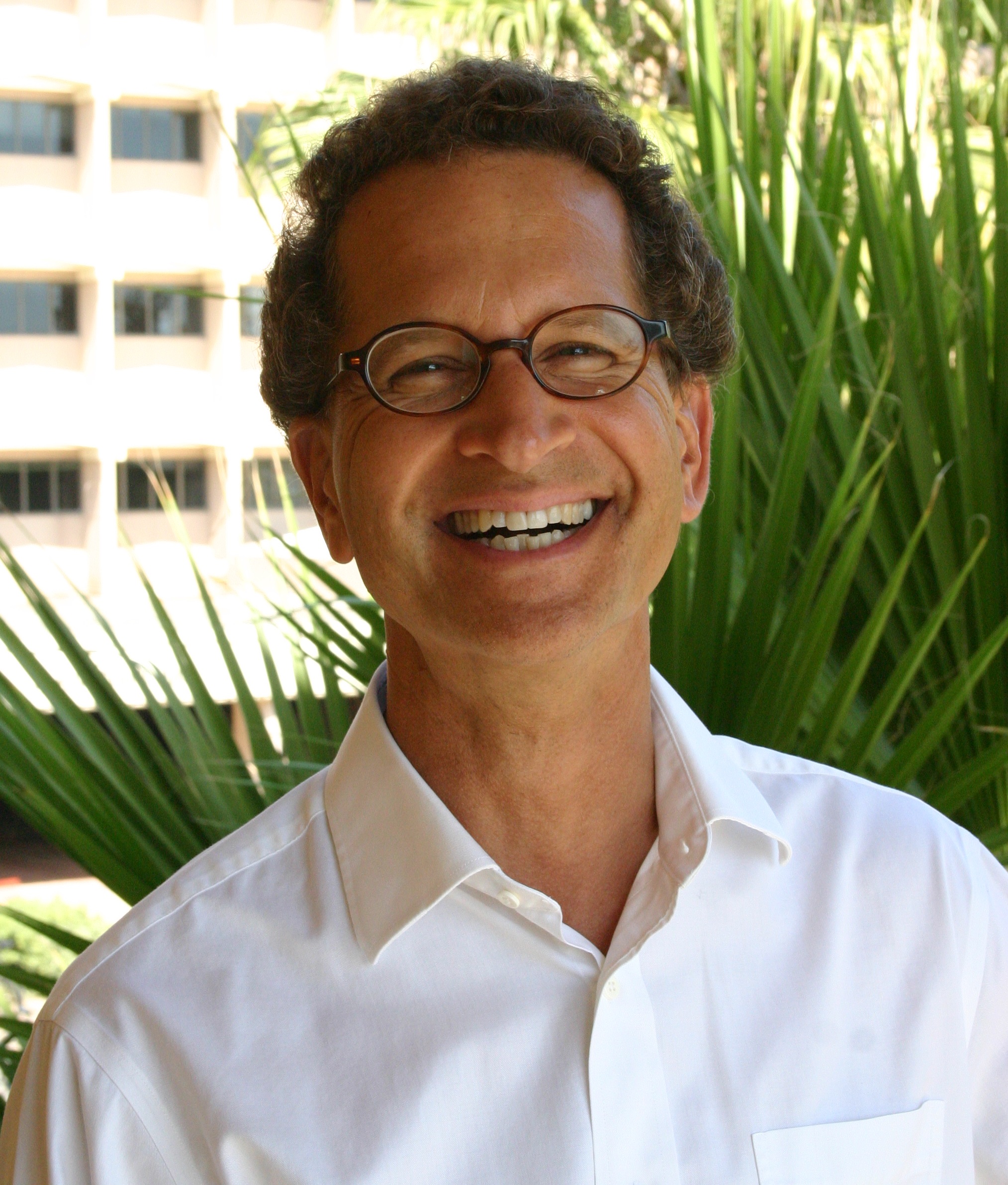
Abstract
This talk examines two related questions:
How feasible is to limit global warming to 1.5 or 2 deg C?
To what extent is it possible to establish a particular warming level as dangerous?
The first question can be readily addressed, because the main factors and uncertainties that determine future warming are either well characterized or can be specified: i.e., future emission pathways of GHGs and aerosols, climate sensitivity (i.e., strength of climate feedbacks) and the current cooling effect of aerosols, and earth system responses such as carbon cycle feedbacks. A critical economic constraint on the feasibility of limiting warming is the maximum possible rate of absolute emission reduction, which is limited by how rapidly energy infrastructure can be turned over.
The second question regarding what is dangerous is more challenging because it involves vast uncertainties in climate projections, the behavior of so-called “tipping elements” in the climate system, ability to adapt to climate change, and subjective judgments about the importance of climate impacts and especially climate extremes. One compelling argument for limiting warming to a specific level centers on the identification of threshold temperatures for specific tipping elements in the climate system that, if tipped, would have large societal impacts. But identifying such thresholds is no simple matter.
Biography
David Lea is Professor in the Department of Earth Science, Affiliate Faculty in the Bren School of Environmental Science and Management, and a member of the Marine Science Institute at the University of California, Santa Barbara, where he has been a faculty member since 1989. He received his Ph.D. in Oceanography from the Massachusetts Institute of Technology – Woods Hole Oceanographic Institute Joint Program in 1990. His research interests include climate change, global warming, climate evolution during the Ice Ages, marine geochemistry and the carbon cycle. He has published over 90 scholarly papers on these topics, including 17 in the high profile journals Science and Nature. Lea has been a Visiting Professor at the University of Chicago and University of Cambridge, UK. His awards include the UCSB Academic Senate Distinguished Teaching Award (2001), a John Simon Guggenheim Fellowship (2002-03), a Leverhulme Visiting Professorship, a Clare Hall Visiting Fellowship (both 2002-03, Cambridge, UK), the American Geophysical Union Emiliani Lectureship (2007), a Leopold Leadership Fellowship (2009), a Jefferson Science Fellowship (2010) and a Google Science Communication Fellowship (2011). He developed and chaired UCSB’s 2007 Global Warming-Science and Society Event Series, which drew over 3600 attendees. In 2010-2011 he served as science advisor in the U.S. Department of State to the Honorable Todd Stern, President Obama’s Special Envoy on Climate Change.